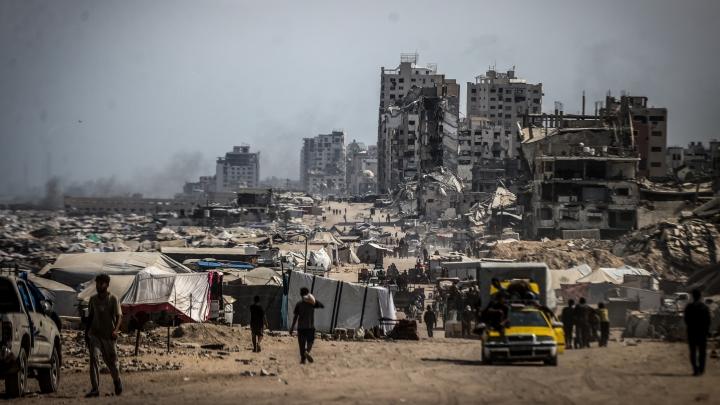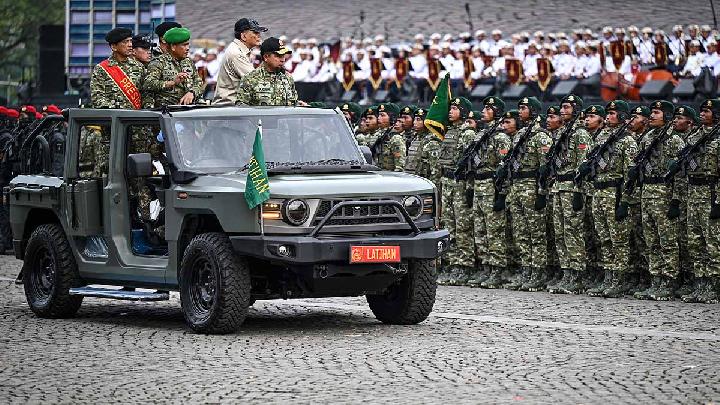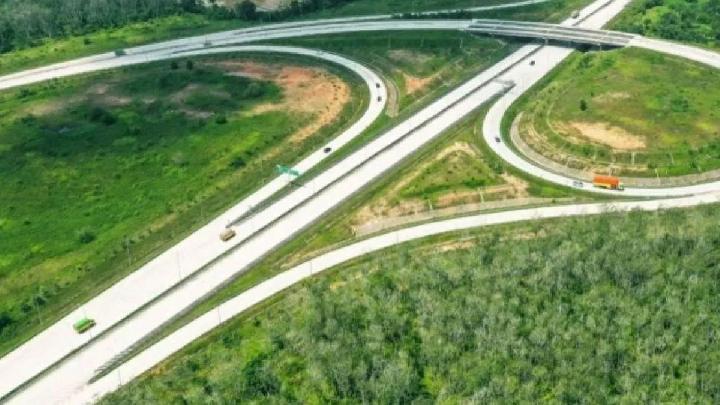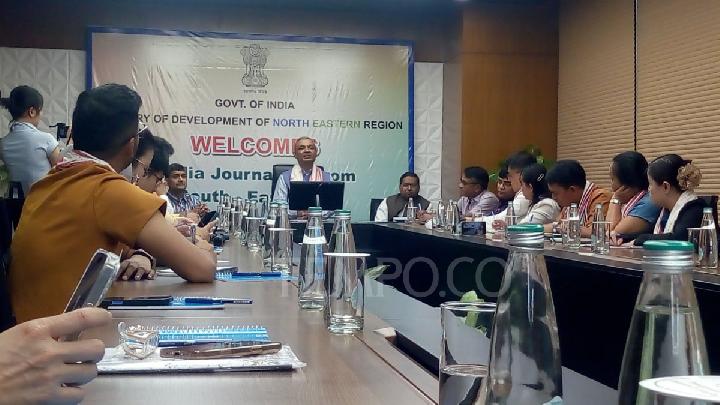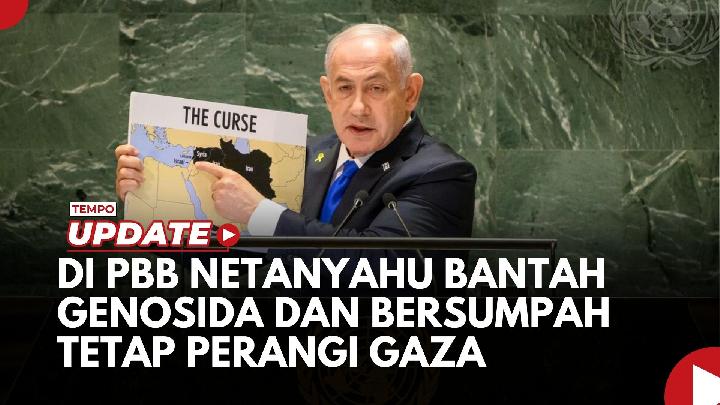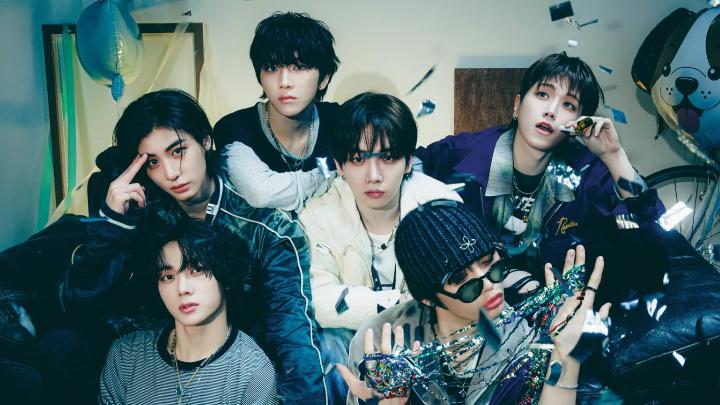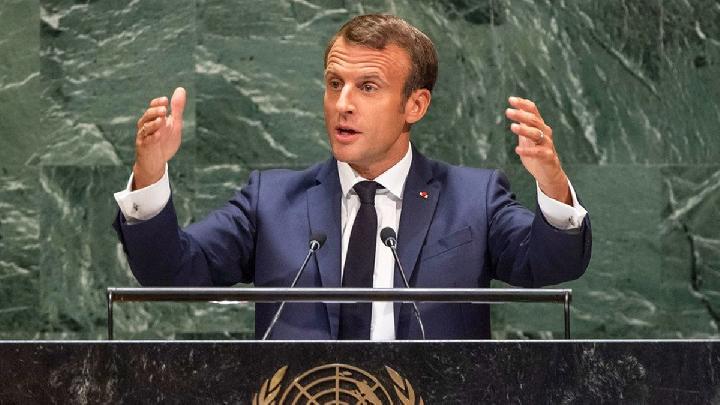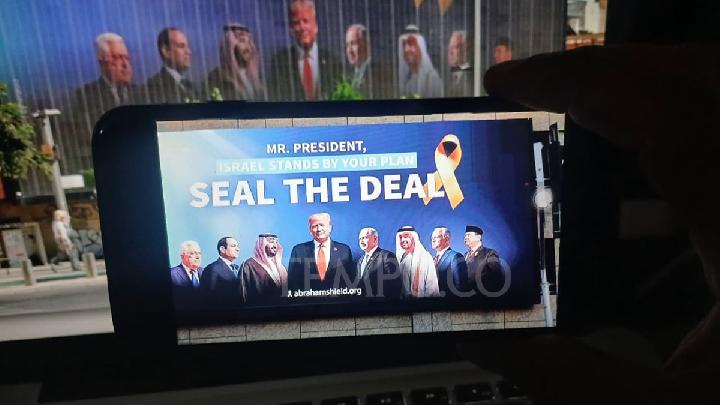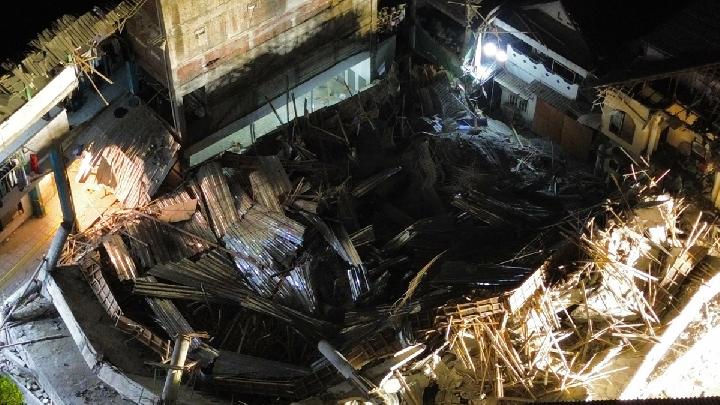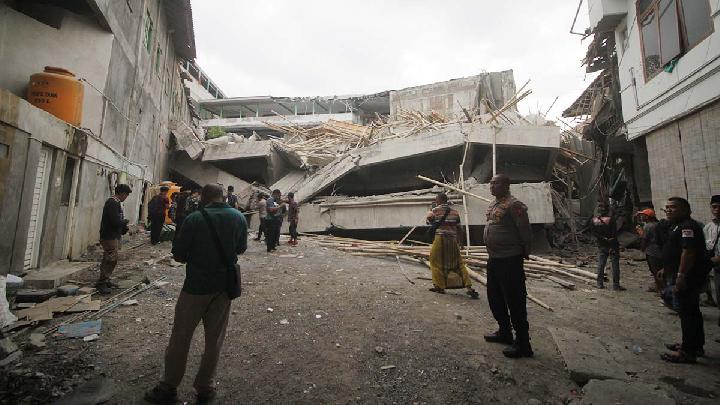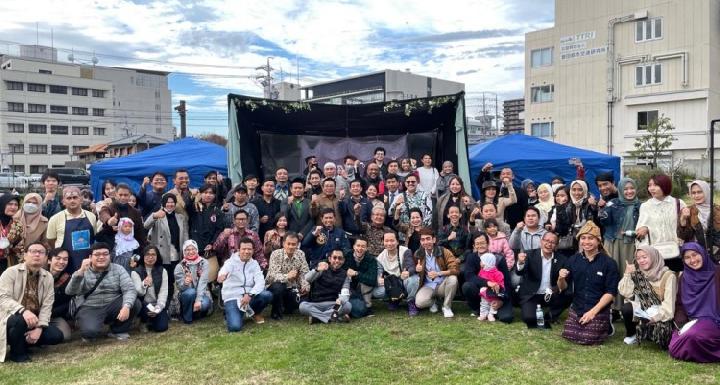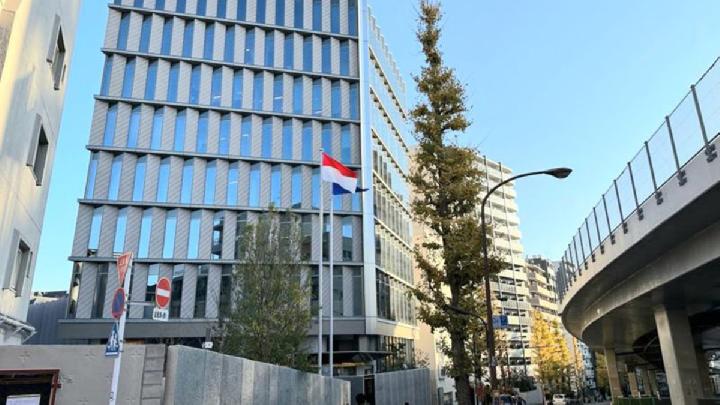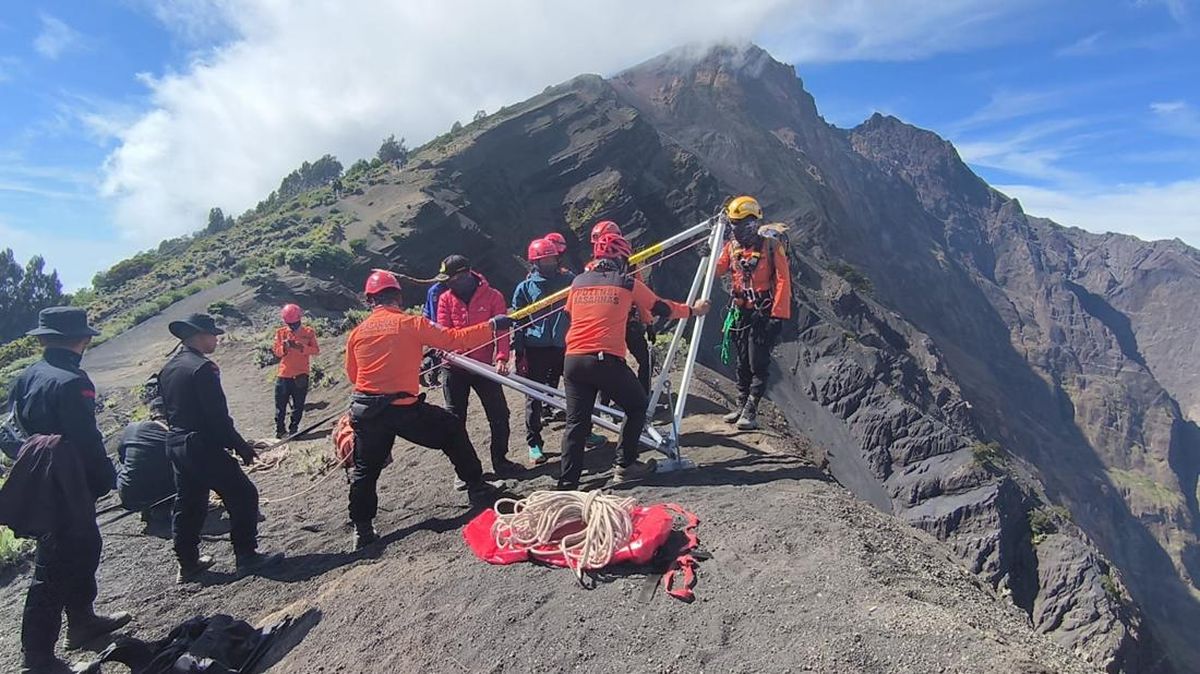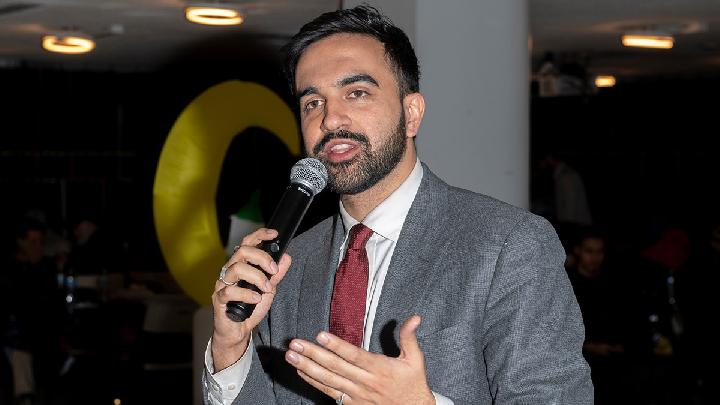October 4, 2025 | 04:51 pm
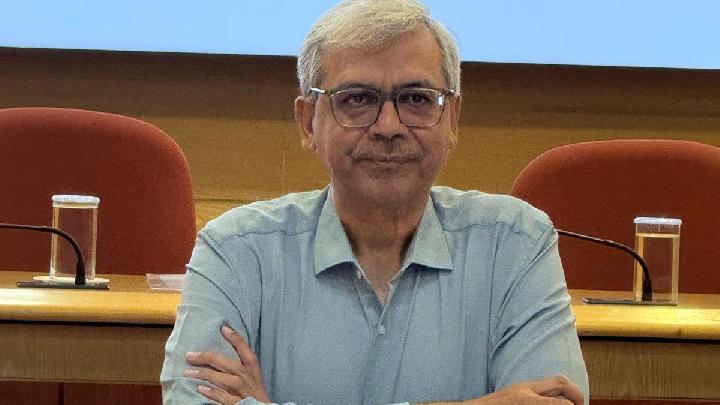
TEMPO.CO, Jakarta - When COVID-19 struck in 2020, India faced a daunting reality: it had only one molecular testing laboratory and little domestic diagnostic capacity. To overcome this, the Indian Council of Medical Research (ICMR) coordinated efforts between academia, startups, and industry to validate more than 1,800 diagnostic assays, of which nearly 900 were approved.
“Within two years, the ICMR led a transformation that turned India into a global example of pandemic resilience,” said Dr. Rajiv Bahl, Secretary of the Department of Health Research and Director General of ICMR, on Friday, September 26, 2025, during a Familiarization Visit of Journalists from South-East Asia to India from September 23 to October 2, 2025.
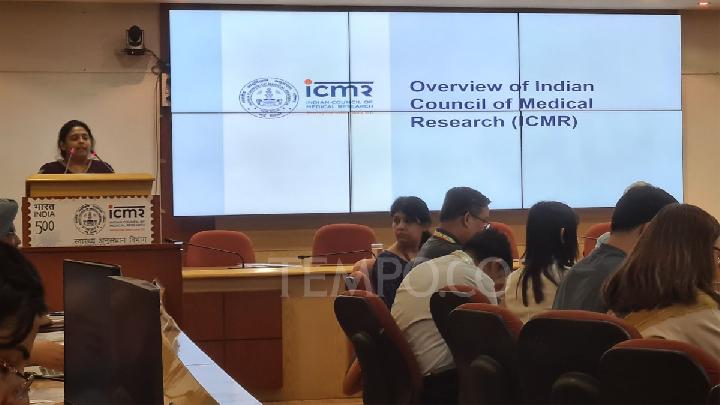 A staff member of the Indian Council of Medical Research (ICMR) in New Delhi is explaining the works of the ICMR during the Familiarization Visit of Journalists to India, September 26, 2025. Tempo/Petir Garda Bhwana
A staff member of the Indian Council of Medical Research (ICMR) in New Delhi is explaining the works of the ICMR during the Familiarization Visit of Journalists to India, September 26, 2025. Tempo/Petir Garda Bhwana
Bahl said that the cost of laboratory test that uses reverse transcription and polymerase chain reaction (RT-PCR) to detect the genetic material of viruses fell to less than US$1, making large-scale testing affordable for India.
“From one lab, the network expanded to more than 3,300 across the country, ensuring that testing reached even rural regions,” he stated.
In parallel, ICMR partnered with Bharat Biotech to develop Covaxin, India’s first indigenous COVID-19 vaccine, which received WHO approval in November 2021, said Bahl.
He claimed that the council also facilitated bridging studies for other vaccines, ensuring India had a diverse portfolio across seven platforms.
Bahl also highlighted ICMR’s role in guiding clinical management. He said that its participation in WHO-led trials confirmed the benefits of steroids and anti-virus like Remdesivir. These findings shaped treatment protocols not only in India but also in other low- and middle-income countries.
He argued that ICMR’s ability to mobilize resources quickly reflected decades of institution-building during the COVID-19 era. “The COVID-19 response showed the council’s agility — it could innovate, validate, and implement at scale,” Bahl said.
Although the pandemic tested India’s health system, it also demonstrated how science-led policy could save lives. Bahl believed that ICMR’s model of rapid diagnostics, indigenous vaccines, and evidence-driven treatment would shape the country’s preparedness for future crises.
Regional Collaboration
Dr RR Gangakhedkar, Director of Epidemic Diseases at ICMR, stated that, in 2019, the council had also established ‘RESEARCH,’ the ‘Regional Enabler for South-East Asia Research Collaboration for Health,’ with 9 countries of the South-East Asian region.
The countries ICMR collaborated with are Indonesia, Bangladesh, Bhutan, Sri Lanka, Thailand, Maldives, DPR Korea, Myanmar, and Nepal.
This platform, under the World Health Organisation - South East Asian Regional Organisation (WHO-SEARO), works together to effectively combat emerging and re-emerging infectious diseases in the South East Asia region.
“The research platform will be provided with technical support by WHO, which will also act as coordinator," Gangakhedkar explained.
He cited the successful prevention of the Zika virus infection by India as an example of how the country has taken the lead in this initiative to gain a better understanding of these issues.
“Given India’s success in curbing international outbreaks such as Zika and the Nipah virus infections, Asian countries have decided to come together and selected India to lead the initiative. India (ICMR) will be the secretariat right now; later, other countries too will get the chance," said Gangakhedkar.
Editor’s Choice: India-US Relations in the Shadow of American Decline
Click here to get the latest news updates from Tempo on Google News
India's Delhi Airport Launches E-Arrival Card for Foreign Tourists: A Guide
1 hari lalu
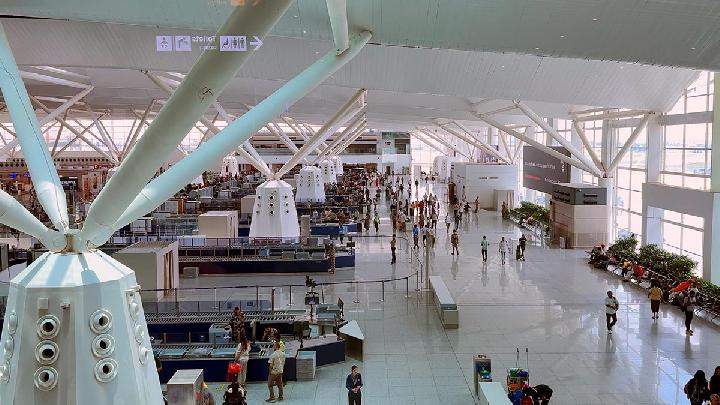
Foreign tourists arriving at Indira Gandhi International Airport (IGIA) in Delhi, India, can now submit their arrival details online. Read more here.
Rational Alignment in Multipolar Competition: India and Russia's Strategic Pull Towards China
13 hari lalu

Trump's punitive tariff barrage on Indian goods signaled to New Delhi that economic ties with US were less stable than many had hoped.
DEN Links August Protests to Indonesia's 10-Year Economic Legacy
15 hari lalu

Deputy Chief of DEN says the mass protests in August 2025 were the consequences of Indonesia's economic legacy over the past decade.
'Illegal Migration' and the Weaponisation of Indigeneity
19 hari lalu
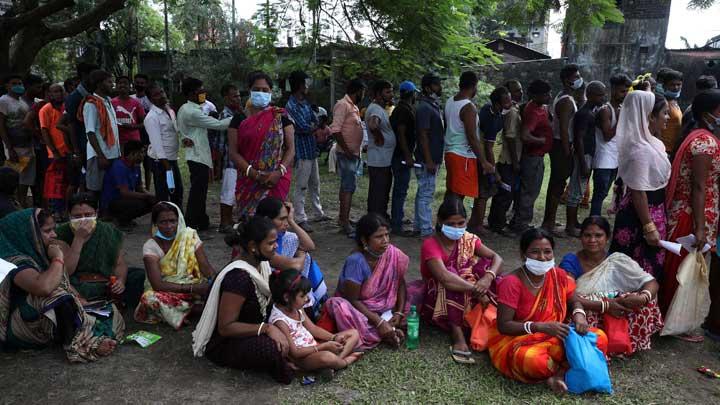
The issue of so-called "illegal migration" in Assam must be situated within a layered historical, political and socio-economic context.
India Tops List as Most Affordable Country for Digital Nomads
22 hari lalu

Delhi and Mumbai are known for their vibrant, bustling cultures and affordable cost of living. They are loved by digital nomads.
3 Most Dangerous Countries for Taking Selfies
23 hari lalu

Due to the numerous selfie incidents, The Barber Law Firm conducted a study on the most dangerous selfie destinations in the world.
Indonesia Sends Team to Study Russia's Enteromix Cancer Vaccine
23 hari lalu
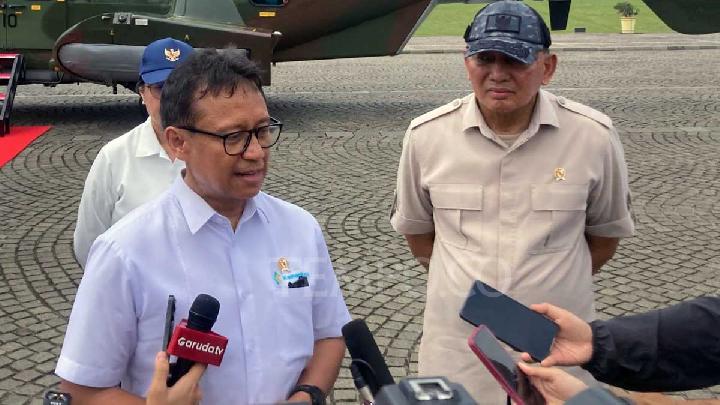
Indonesia's Health Ministry is responding to the launch of a new cancer treatment developed by Russian scientists.
India-US Relations in the Shadow of American Decline
24 hari lalu

The downturn in India-US relations has upset both the Indian strategic elite and a section of American foreign policy thinkers.
Russia's Enteromix Cancer Vaccine Reports 100% Success in Clinical Trials
25 hari lalu
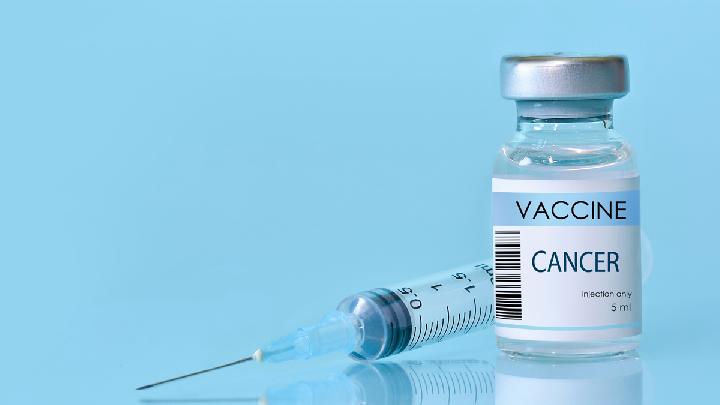
A Russian-made mRNA cancer vaccine, Enteromix, is reported to show 100% efficacy and safety in clinical trials, marking a breakthrough in the fight against aggressive cancer and its prevention.
Vote Theft vs Illegal Immigration in Bihar Poll Contest
27 hari lalu

Vote theft and illegal immigration: the electoral slugfest in the north Indian state of Bihar seems to be headed for a no-holds-barred fight.

